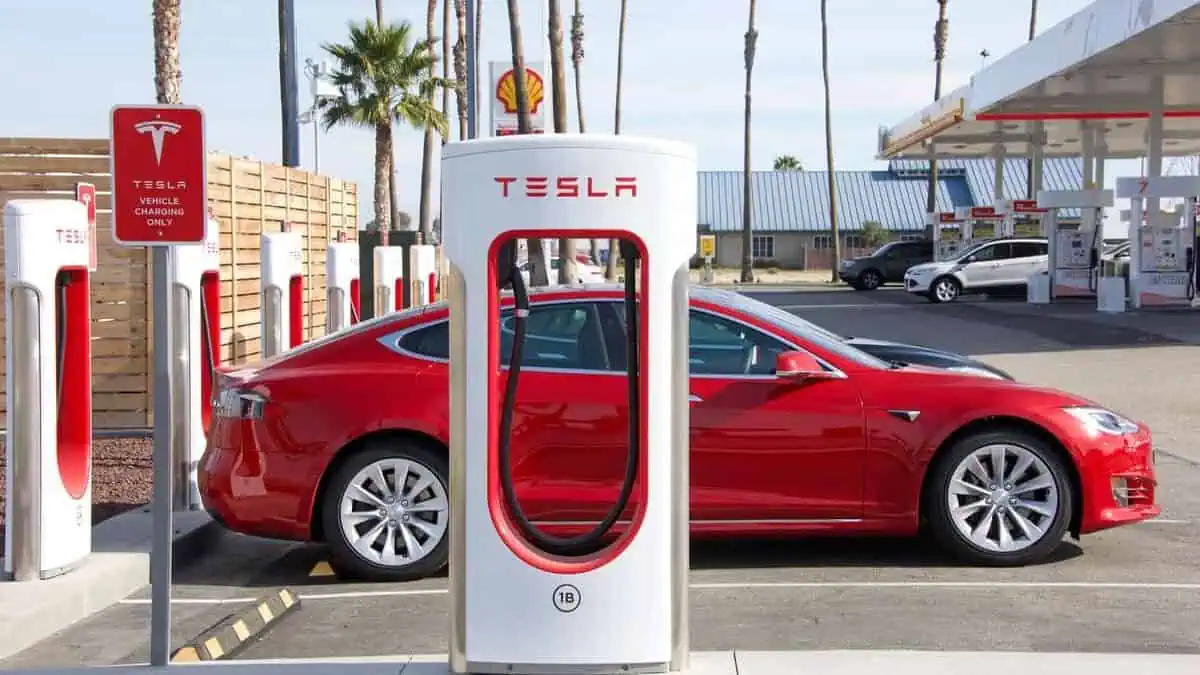Many potential buyers of electric cars were relieved to hear that the federal fringe benefits tax (FBT) will be exempted for employers who provide electric vehicles for their employees to use. However, it must be noted that only employees who have access to a novated lease program through their employer are, at the highest level, eligible for this exemption.
While this is typical for employees of large Australian or international corporations, many small businesses may need to speak with a financial or tax advisor to determine whether or not they can afford to offer their staff this.
Details on the taxation of fringe benefits
According to the Australian Taxation Office, a fringe benefit is a ‘payment’ to an employee that differs from salary or wages.
The fringe benefits tax is a tax on this benefit levied on employers but frequently passed on to employees who lease their car through work through a novated lease.
In the case of vehicles, the fringe benefits tax is a 47% tax on the private use portion of a work vehicle.
FBT calculation on a car
You can determine the “personal use portion” of your work vehicle in one of two ways: using a logbook or the statutory method.
The statutory method is based on a flat rate of 20% of individual use of a work vehicle.
This private use portion is then multiplied by the ‘gross-up rate,’ which is rounded up to account for any additional taxes withheld from the payment.
The resulting amount is then taxed at a rate of 47% on fringe benefits.
E.g., 20% of the value of a $75,000 work vehicle equals $15,000. It is then multiplied by a gross-up rate of 2.0802, resulting in $31,203 – 47 percent of $31,203 equals $14,665, the FBT amount.
Using the same method, the driver of a $45,000 work vehicle would incur an FBT bill of $8799.
A driver of a $55,000 car could face an FBT bill of $10,754 in the middle of these two price points.
Even though zero and low-emissions vehicles are exempt from FBT, the amount of FBT your truck would have incurred must still be calculated to determine your reportable fringe benefits amount, which can impact other aspects of your taxable income.
FBT exemption for electric vehicle buyers
If you meet all the requirements and can buy a car like a Tesla Model 3 ($65,500 before on-road costs) through a novated lease, you will not be required to pay any FBT.
“From July 1, 2022, employers do not pay FBT on eligible electric cars and associated car expenses.”
Australian Taxation Office
Furthermore, if provided for an eligible electric vehicle, associated expenses such as registration, insurance, repairs, maintenance, and fuel or electricity costs for charging are exempt from FBT.
It provides a financial incentive for employees to buy electric cars through a novated lease and reduces the FBT bill for electric vehicles operated by fleets and company-car drivers by thousands of dollars.
On the other hand, private buyers who pay for an electric car out of their pockets will not benefit from the scheme.
EVs that qualify for FBT exemption
The vehicle you buy must be zero or low-emissions, which means it must have a full-electric, hydrogen fuel-cell, or plug-in hybrid drivetrain. Furthermore, it must be designed to carry a load of less than one tonne, so the new LDV eT60 ute would not be eligible.
Cars must also fall below the luxury car tax (LCT) threshold for fuel-efficient vehicles, which is $84,916 for the fiscal year 2022/23. (GST inclusive).
It should be noted that the scheme only applies to PHEV (Plug-in Hybrid) vehicles until March 31, 2025, after which PHEV vehicles will no longer be considered low-emission vehicles.
However, suppose you buy a PHEV before this date, and your novated lease period extends beyond April 1, 2025. In that case, you can still claim the FBT exemption until your agreement lease period ends.
In order to qualify, an electric vehicle must be used for the first time on or after July 1, 2022, even if it was previously held. It means that regardless of when it was purchased, the car can only be made available to employees after July 1. It does not qualify if an employee used it on or before June 30, 2022.
This time badge is based on when the car was first used, so if you buy a used car, even if it is your first time ‘using’ it, the ATO will consider it ‘used.’ You will not be eligible for the FBT rebate.
“An electric car is considered ‘used’ when it is used or available for use by any entity or person.”
Australian Taxation Office
Here is a list of current models that meet the FBT exemption criteria:
- Mitsubishi Outlander Aspire PHEV costs $61,990 before taxes and fees.
- Kia EV6 Air – $72,590 before taxes and fees
- Tesla Model 3 Long Range costs $80,000 before taxes and fees.
- Polestar 2 Standard Range Single Motor costs $63,900 before taxes and fees.
- Standard Range BYD Atto 3 – $48,011 before on-road costs






